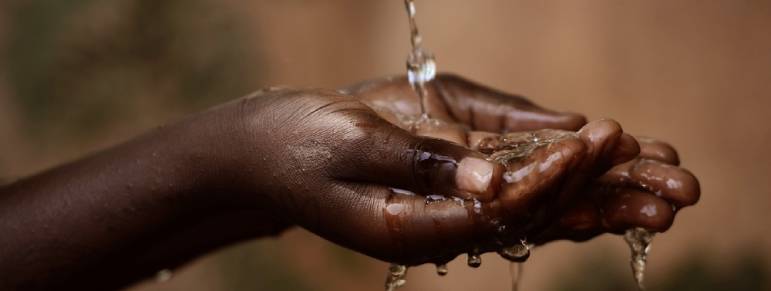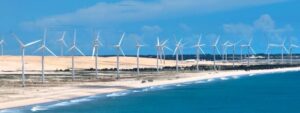Africa is a continent rich in natural and energy resources, but it also faces significant challenges in terms of access to drinking water, both in rural areas and in overpopulated or industrialised urban areas whose infrastructures have not kept pace with population growth.
In other articles we have already discussed the challenges of access to safe drinking water in countries such as Kenya, Senegal, Nigeria or Ivory Coast, as each country, and even their regions, have different casuistries. However, in a more global analysis, it is possible to detect certain cross-cutting issues that can be addressed in a more global way, as collaboration between countries and public and private entities is one of the key factors in defining and implementing more efficient solutions.
In an effort to solve this problem, the implementation of electrolysis plants in Africa has become a widespread alternative. These electrolysis plants produce sodium hypochlorite, which is used to disinfect and purify water, both for human consumption and to treat wastewater. We have already discussed the advantages of this method on other occasions.
However, the implementation of these plants in Africa is not without its challenges. What are some of these challenges and what solutions are being proposed?
Current energy infrastructure limitations
One of the main challenges in the implementation of electrolysis plants in Africa is the lack of a solid energy infrastructure. In many regions of the continent, especially in rural and sparsely populated areas, electricity is scarce and unreliable, or even non-existent, which makes it difficult to operate these plants on an ongoing basis.
Fortunately, in recent decades there have been a number of initiatives that have led to an improvement in Africa’s energy infrastructure. This includes the expansion of renewable energy generation capacity, such as solar and wind, which can power electrolysis plants in a more sustainable manner. In addition, energy storage solutions, such as batteries, are being explored to ensure a constant supply of electricity. In fact, according to the International Renewable Energy Agency and the African Development Bank (AfDB), Africa has one of the world’s greatest potentials for harnessing solar energy, both intra- and inter-regionally.
Investment in water supply is still insufficient
Another major challenge is that the initial investment required to build electrolysis plants and purchase the necessary equipment can be high, limiting the ability to implement the technology widely.
Although there is increasing investment from both government and public-private partnerships, as well as international investment, to provide financing solutions for the African continent to harness its resources, much remains to be done.
According to the Continental Africa Water Investment Programme (AIP), investment in water supply in Africa is below target to meet the continent’s growing needs. It is estimated that by 2030, at least $30 billion per year of additional financing will need to be mobilised to meet the Sustainable Development Goal 6 target on water and sanitation. Currently, only US$10-19 billion a year is being invested.
Insufficient training and skills development
The operation and maintenance of electrolysis plants requires specialised technical skills that are often in scarce supply in many parts of Africa. Fortunately, education and training programmes are being implemented in collaboration with educational institutions and research centres. This helps to create a skilled workforce that can operate and maintain these facilities efficiently and safely.
In addition, as in the case of Welysis’ electrolysis plants, the implementation of the plant is accompanied by a training programme. Technicians and personnel who have to operate any of the plants we manufacture and install have access to training and education in a real operating plant. In addition, members of the WIN programme will receive ongoing training in techniques, improvements and innovations being developed in plants around the world.
There are other factors that may influence the implementation of electrolysis plants in certain countries or regions. Some endemic problems, such as corruption, which also limit the inflow of international funding, are gradually being resolved; others, such as the effects of climate change on access to clean water, are creating new challenges that will make localised solutions such as electrolysis plants even more necessary.
In conclusion, the implementation of electrolysis plants in Africa presents significant challenges, but through investment in infrastructure and training, international collaboration, and harnessing new technologies such asArtificial Intelligence to improve access and management of water resources,Africa can harness its vast natural resource potential to provide access to safe drinking water for its population.





